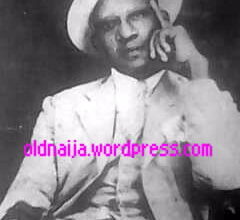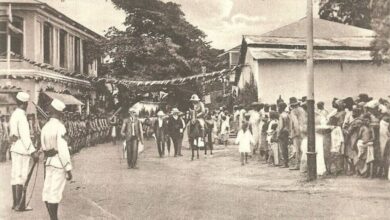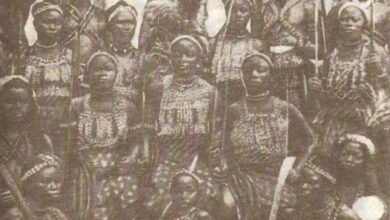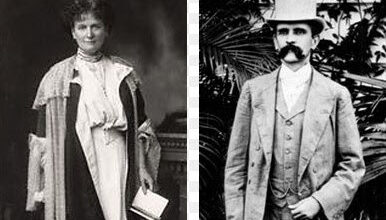The History of EFCC – Economic and Financial Crimes Commission

The history of EFCC takes us back to 2003 when it was established by the democratic regime of President Olusegun Obasanjo to tackle economic and financial crimes in Nigeria.
What led to the establishment of EFCC?
Prior to the establishment of EFCC, Nigeria’s image greatly suffered in the international community due to the high level of fraudulent activities in Nigerian such as money laundering.
The situation worsened to the point where the Financial Action Task Force on Money Laundering (FATF) pressured and named Nigeria as one of the twenty-three countries non-cooperative in the international community’s efforts to fight money laundering. It was at this point that the EFCC was established, in 2003.
The headquarter of the EFCC is located in Abuja, capital of Nigeria. In April 2003, President Olusegun Obasanjo who founded EFCC appointed Nuhu Ribadu, an assistant commissioner of police, as EFCC’s first executive chairman. Here is a list of all EFCC chairmen from inception till date.
Since inception, the Economic and Financial Crimes Commission (EFCC) has been a major defender of Nigeria from grafts, money laundering and other related crimes. The history of EFCC has it that several government officials were tracked and arrested in 2005, including Diepreye Alamieyeseigha, former governor of Bayelsa State. Also in September 2006, the EFCC had 31 of Nigeria’s 36 state governors under investigation for corruption.
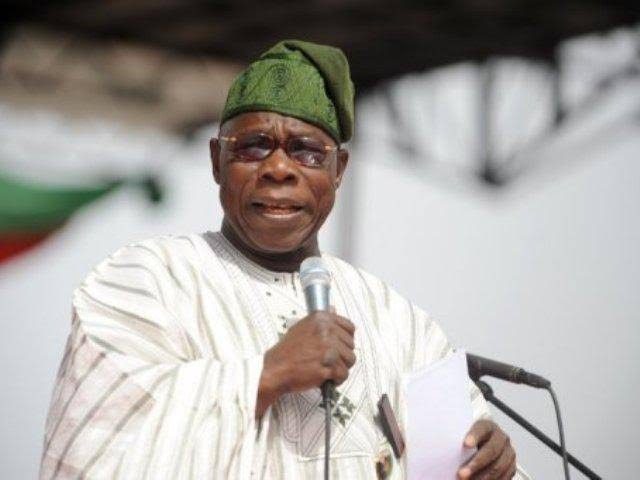
Some of the prominent Nigerians arrested by EFCC are Olisa Metuh, Lawal Jafaru Isa, Emeka Mba, Jide Omokore, Tom Ikimi, Air vice Marshal R.A. Ojuawo, Ricky Tarfa, Bala Ngilari, Patrick Akpobolokemi, Sambo Dasuki, Femi Fani-Kayode, Raymond Dokpesi and Musiliu Obanikoro.
Functions of EFCC
The Operations Department is the center of all EFCC’s investigation activities. It has a responsibility to look into judicial proceedings that are within the mandate of the Commission.
Such proceedings involve violations that are against the provisions of the Commission’s empowering law. The Operations Department activity mainly focuses on the following areas: Bank Fraud, Advance Fee Fraud, Counter-Terrorism, Economic Governance, General Investigation.
References:
- List of EFCC Chairman from 2003 till date – Teslim Omipidan, OldNaija
- EFCC Official Website
Questions? Advert? Click here to email us.



